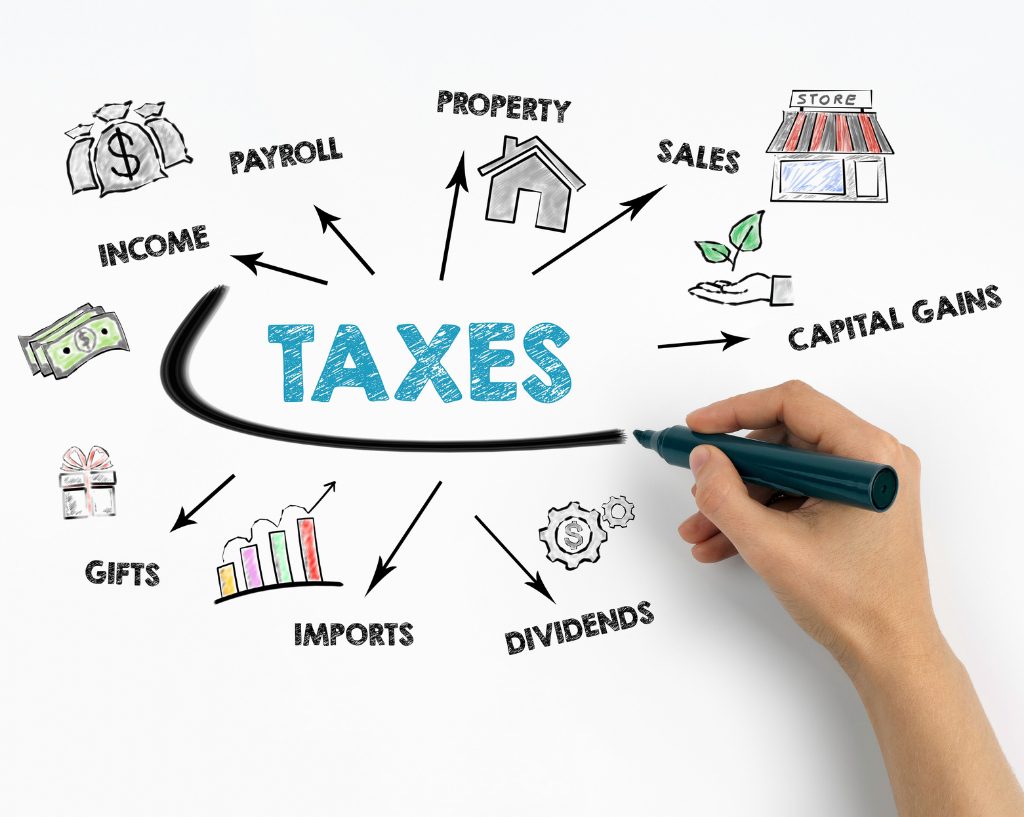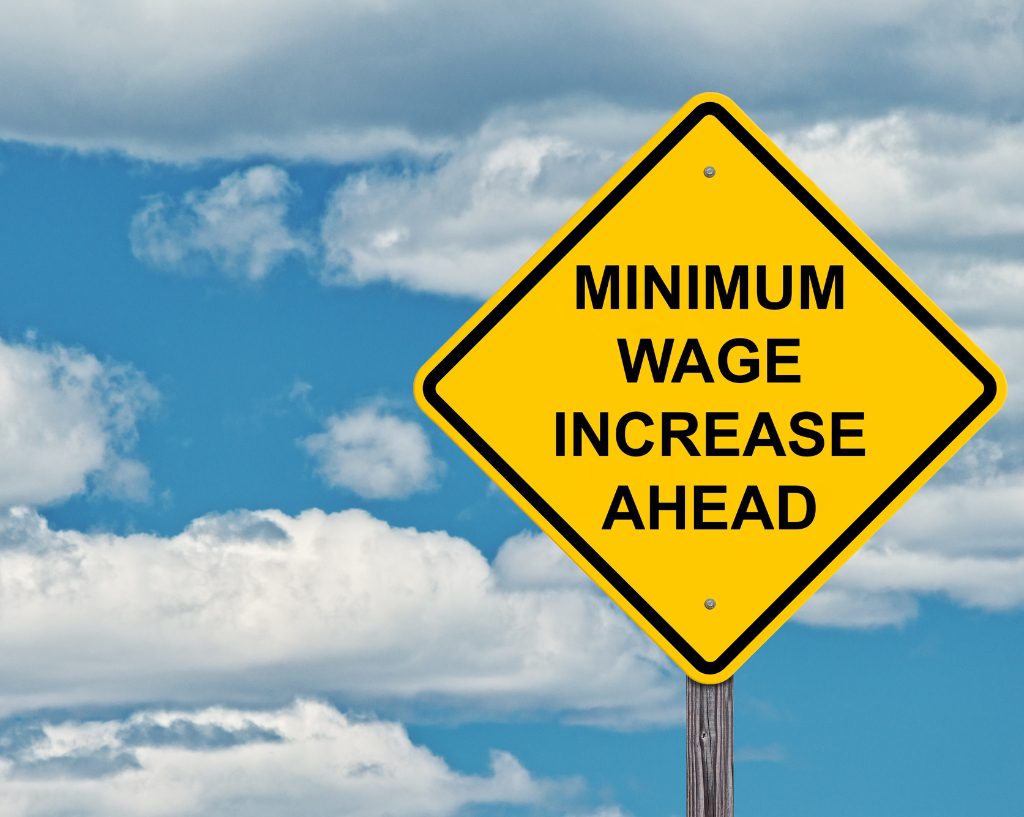LEGAL CHANGES FOR TEMPORARY WORKERS IN THE NETHERLANDS IN 2024
In 2024, the Netherlands introduced significant changes that have a big impact on individuals engaged in short-term employment, particularly targeting temporary workers (‘uitzendkrachten’ in Dutch). These changes aim to establish a fairer and more supportive work environment for those in temporary roles. There have also been some changes that affect everyone, not only the temporary workers. Let’s take an in-depth look at each of these changes and understand how they affect temporary workers across the country.
TAX UPDATES
In 2024, the Dutch government is once again changing how they tax different types of income, like what you get from your job or your savings.
For the money you make from your job (Box 1), they’re adjusting the taxes like this:
- If you earn up to €75,518 per year, they’ll tax it at a rate of 36.97%.
- But if you earn more than €75,518 per year, they’ll tax the extra part at a higher rate, which is 49.5%.
The government decided not to increase the top tax bracket as much as the cost of living goes up, so more people with higher incomes will end up in that top tax group, bringing in more money for the government. Also, in 2024, the amount you need to earn before you start paying national insurance will go up to €38,098, up from €37,149 in 2023.


HOURLY MINIMUM WAGE
From January 1, 2024, things are changing for how much people get paid in the Netherlands. Instead of getting a monthly, weekly, or daily wage, the Netherlands is switching to paying a minimum amount for every hour you work.
So, if you have a job, your employer has to pay you at least €13.27 for every hour you work. This is to make things fairer. Before, if someone worked 36 hours a week, they got the same pay (€1,995) as someone who worked 40 hours. Now, it’s about making sure everyone gets a fair deal.
HIGHER TRAVEL ALLOWANCE
From January 1, 2024, things are changing for how much you can save on taxes while traveling in the Netherlands. The most you can get without paying taxes is going up from €0.21 to €0.23 for every kilometer you travel. This means you can save more on taxes because you can deduct a bigger part of your travel expenses. However, it does not mean that the employer needs to pay the €0.23 per km. It can still be €0.21 per km or even less.
Employers can choose to give more than €0.23 cents for each kilometer, but if they do, that extra amount is seen as an added bonus in the employee’s overall salary package. It’s like getting a little extra benefit.
INSURANCE COSTS
From January 1, 2024, things are changing for how much you can save on taxes while traveling in the Netherlands. The most you can get without paying taxes is going up from €0.21 to €0.23 for every kilometer you travel. This means you can save more on taxes because you can deduct a bigger part of your travel expenses. However, it does not mean that the employer needs to pay the €0.23 per km. It can still be €0.21 per km or even less.
Employers can choose to give more than €0.23 cents for each kilometer, but if they do, that extra amount is seen as an added bonus in the employee’s overall salary package. It’s like getting a little extra benefit.
In the next year, health insurance in the Netherlands will cost a bit more. The big companies, the ones many people use, are raising their basic policy prices by around €8 per month. But here’s the thing, the ‘eigen risico’ deductible – the amount you pay before insurance kicks in – will stay the same at €385. If you are ensured through Eastmen you do not need to pay the ‘eigen risico’.
This might make a difference for how much money people have for other things. It’s a good idea for individuals to think about their health insurance and money plans because of this change.
STATE PENSION AGE
Starting in 2024, there are some changes in the Netherlands about when people can retire. The age when you get your retirement money, called the pension age, is going up from 66 years and 10 months to 67. And guess what? It’s staying at 67 until 2027. Then, in 2028, it’s moving up a bit more to 67 years and three months.
So, if you were born after January 1, 1958, in 2024, you’ll need to wait until your 67th birthday to get your pension. It’s like they’re adjusting the rules a bit. This change is about being fair and keeping up with the current times. It means we might need to think about our plans for when we stop working and how we handle our money. Just something to remember as things change a bit.


CHILDCARE ALLOWANCE
The Dutch government is planning to give more help to working parents who have kids in registered childcare places in the Netherlands. First, they said they would increase the most they would pay for each hour of childcare to €9.65 for daycare, €8.30 for out-of-school care, and €7.24 for childminder care.
Then, they had another idea to give even more help, making it €10.25, €9.12, and €7.53 per hour. The Senate, a part of the government, said yes to this plan. They want to make sure the help matches what things really cost. Parents got the first rates by the end of December, but the extra help will start once the Senate gives it the thumbs up.
Here’s the thing: If your childcare costs more than what the government pays, you’ll need to pay the extra. But if it’s less, the government will only cover the hourly rate you are charged.
CONSUMER CHANGES
In 2024, there are some changes for that affect everyone in the Netherlands:
The 2023 energy price cap benefiting consumers will end on January 1, leading to an estimated increase of around €13 per month in electricity and gas bills.
A “lemonade tax” will raise the cost of non-alcoholic drinks like soft drinks, fruit juices and oat milk, with oat milk increasing by €0.17 per litre. The tax on mineral water will be removed to encourage water consumption.
Higher duties on alcohol and cigarettes will apply, with a case of beer becoming around €0.27 more expensive, a bottle of wine costing around €0.07 more and a pack of cigarettes increasing to about €11.10 from April 2024, along with a 50-gram packet of tobacco at around €24.62.
From January 1, 2024, shops can only sell tobacco-flavored e-cigarettes, aiming to discourage vapes with sweet or fruity flavors, especially among children and young people.
- Flight tax will jump to €28.58 in 2024 from €26.43 in 2023, making airfares four times more expensive than in 2022.

CONCLUSION
In 2024, big changes are happening in the Netherlands, touching different aspects that impact both regular people and businesses. From how much people get paid to how travel expenses are handled, and even adjustments in health insurance and taxes on certain items, it’s a lot to take in.
The government is really focusing on keeping people healthy, as seen in things like the “lemonade tax” and saying no to flavored vapes. These changes mean everyone, from individuals to businesses, will need to pay attention and adjust to the new ways things work in the coming year.
Looking for a job in the Netherlands? Have a look at our available jobs and apply below.

